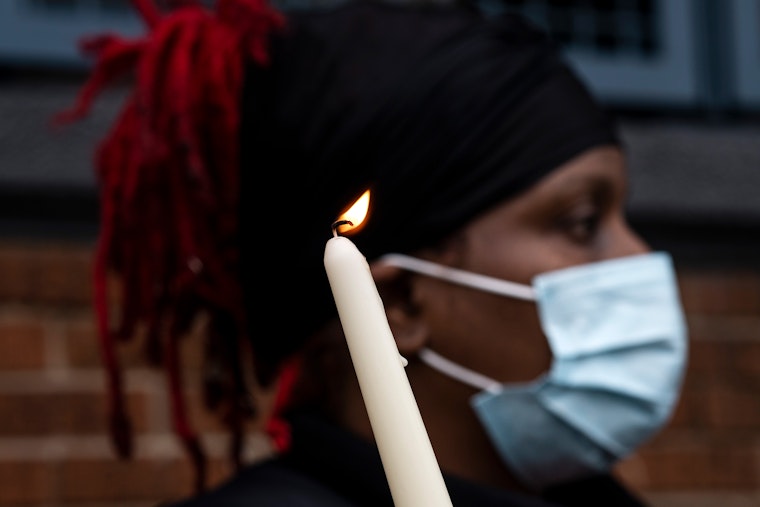COVID-19 Poses a Threat to Justice. We Must Respond.
By James Goldston

In late March, Hungary’s Parliament adopted an emergency law enabling the prime minister, Viktor Orbán, to rule by decree without time limits. Part of a package of coronavirus-related measures that also included jail terms for spreading misinformation, the new policy appears intended to squelch any remaining dissent. Shortly thereafter, Beijing-backed Hong Kong authorities seized the political opportunity created by the pandemic to arrest more than a dozen opposition leaders of the territory’s pro-democracy movement. And my home country of the United States has seen moves to take advantage of the virus’ impact for partisan advantage—for instance, by eliminating oversight of the White House and staging state primary elections despite immense public health danger. From Egypt to the Philippines to Ethiopia and Brazil, governments are using the crisis to consolidate power at the expense of democratic freedoms.
Beyond threats to the fundamentals of democracy and the rule of law, the pandemic has fostered aggressive measures against some of the core constituencies the Justice Initiative has long sought to defend. From instances of police brutality in South Africa to ethnic profiling against Roma in central and eastern Europe to an upsurge of xenophobia, violence and discrimination against Asians, Latinx, and others—the last few months have been sobering, to say the least. As economic devastation has spread, the crisis has laid bare the fault lines of inequality across many societies. For women, informal workers, immigrants, the stateless, and many others, the pandemic has only accentuated their vulnerability and marginalization.
In short, COVID-19 poses an existential challenge, not just to our health and economic welfare, but also to our sense of justice. The fate of functioning justice systems themselves is in the balance, with police, prison, judicial, and administrative officers laid low, and many court operations severely compromised. For the so-called international community, the pandemic presents a stark indictment of the failure to mobilize a coordinated, rapid response. But it also offers a challenge—to imagine, and build, more resilient and inclusive justice frameworks from the ashes of this crisis.
And so, the Open Society Justice Initiative is working with the Open Society Foundations’ grantmakers and courageous partners across the globe to respond.
In the coming weeks and months, we will seek to learn more about what governments knew before the pandemic unfolded and whether they took appropriate action based on that information. We will strive to hold them accountable for malfeasance going forward, and ensure transparency in the use of massive bailout funds. We will aim to protect the rights of those particularly affected by COVID-19, including persons in detention unable to engage in social distancing, low-wage workers denied paid leave and access to protective equipment, and communities facing harassment and discrimination. And we will defend the rights of all persons to speak and write without threat, censorship, or retribution; to protest unjust measures; and to vote and run for office in timely, free, and fair elections.
At the same time, we continue to pursue enduring goals that will span this pandemic and beyond: to bring perpetrators of grave crimes to account; secure a just transition to a more sustainable climate; and address the myriad implications of our digital age, from invasive and exclusionary national identity platforms to the increasing reliance on inadequately regulated algorithms and other tools in the fields of criminal justice and public health.
Our mission at the Justice Initiative has always been to advance open society through legal action, advocacy, and community empowerment. That’s why we’re seeking to curb ongoing abuses even as we help shape the outlines of the post-coronavirus world. We cannot now forecast with certainty what that world will look like. But history teaches that justice won’t come without a struggle.

James A. Goldston is the executive director of the Open Society Justice Initiative.